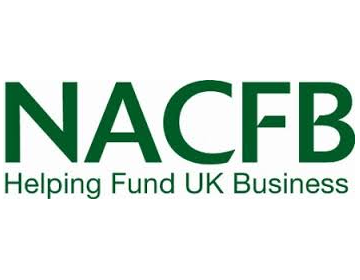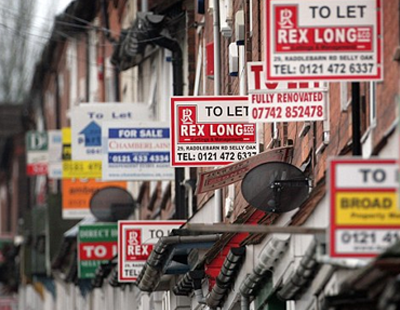
Tax experts have urged the Government to scrap the stamp duty surcharge for parents helping their children become first-time buyers.
Chancellor George Osborne's 3% stamp duty surcharge on buy-to-let properties and second homes comes into force on 1 April.
Now the Chartered Institute of Taxation (CIOT) has suggested an exemption from the stamp duty surcharge for parents buying a home for their child to live in.
It said the change was designed to help first-time buyers but will catch children whose parents buy jointly with them to help them onto the housing ladder.
These are exactly the type of buyer the Government hopes the new change will help.
From April, the CIOT said that buyers who own another property will need to ask themselves: “Is the house I am buying a replacement for my old main residence (which is being sold)?”
If the answer is ‘yes’, normal stamp duty rates will apply but if the answer is ‘no’, the surcharge is added.
For joint buyers, if one owns another property and is not replacing their main residence, the 3% surcharge applies to the entire price.
The CIOT has ask the Government for a “carve out” for joint buyers where the house will be genuinely used as a main residence of someone who does not already have one.
Brian Slater, chair of the CIOT’s Property Taxes Sub-Committee, said: “A joint purchase may be made for reasons that have a clear social value and not a bid to set up a buy-to-let business.
“Life is complex and there are many situations where parents want to support their adult children in buying a home.
“Taking even a small interest while owning another property means that the extra 3% is payable on the whole of the purchase price.”
Slater said this will substantially increase the stamp duty bill, but there are cases - like supported living – where it is absolutely right for parents to have an equity interest.
He added: “A further key concern is that the stamp duty system is just not designed to make decisions about what the buyer is going to do with the property.
“It will mean that all sorts of value judgements have to be made about how the property will be used, making the conveyancing process increasingly complex.”













Join the conversation
Be the first to comment (please use the comment box below)
Please login to comment